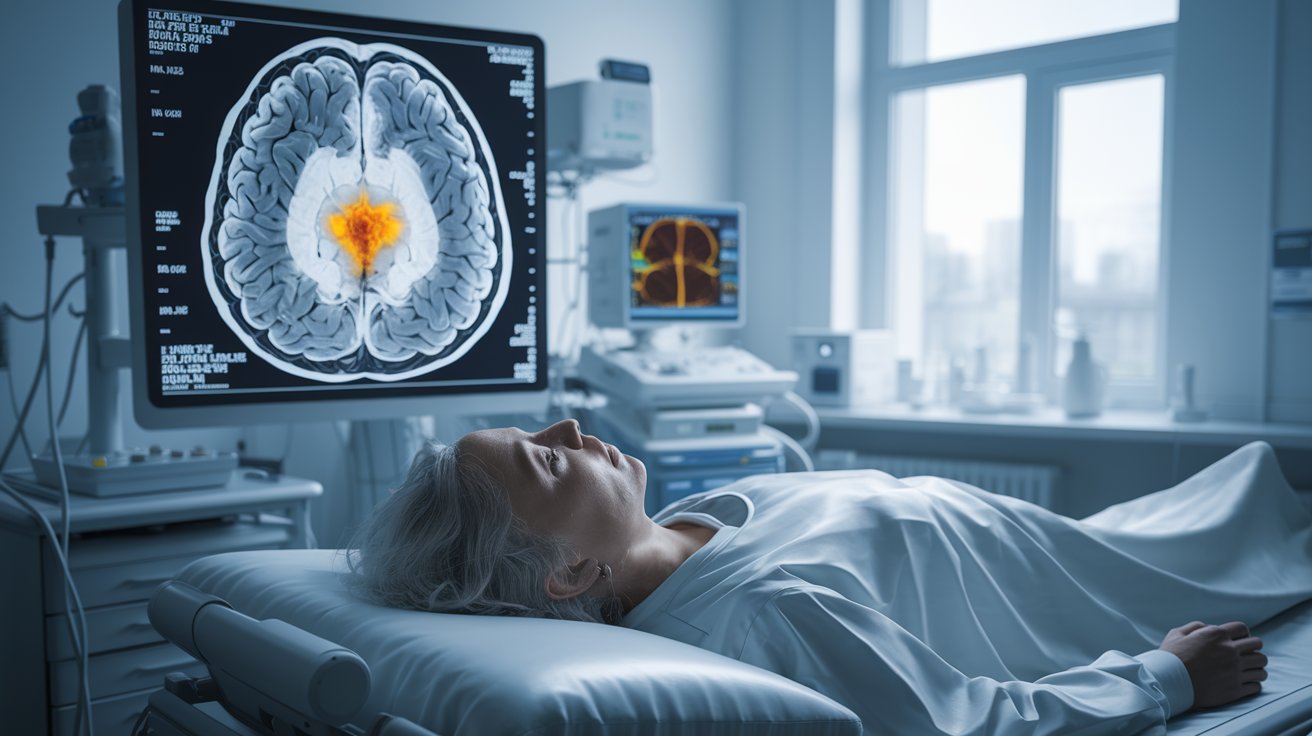
Inborn Urea Cycle Disorder is a rare genetic condition affecting the body's ability to remove waste nitrogen. This disorder can lead to a dangerous buildup of ammonia in the blood, causing serious health issues. Symptoms often appear in newborns but can also manifest later in life. These may include vomiting, lethargy, and even seizures. Early diagnosis and treatment are crucial for managing this condition. Treatment options vary, ranging from dietary changes to medications and, in severe cases, liver transplants. Understanding this disorder can help in providing better care and support for those affected. Here are 25 essential facts to know about Inborn Urea Cycle Disorder.
Key Takeaways:
- Inborn Urea Cycle Disorder is a genetic condition that can cause high ammonia levels in the blood, leading to serious health issues like brain damage and coma if not managed properly.
- There are different types of Urea Cycle Disorders, each with its own symptoms and treatments. Early detection and proper care are crucial for managing this complex condition.
What is Inborn Urea Cycle Disorder?
Inborn Urea Cycle Disorder (UCD) is a genetic condition affecting the body's ability to remove waste nitrogen. This disorder can lead to serious health issues if not managed properly. Here are some key facts about UCD.
- UCD is a genetic disorder, meaning it is inherited from parents.
- It affects the urea cycle, a series of chemical reactions in the liver.
- The urea cycle converts toxic ammonia into urea, which is then excreted in urine.
- When the urea cycle is disrupted, ammonia builds up in the blood.
- High ammonia levels can cause brain damage, coma, or even death.
Types of Urea Cycle Disorders
There are several types of UCD, each caused by a deficiency in a specific enzyme. Understanding these types can help in diagnosing and treating the condition.
- Carbamoyl Phosphate Synthetase I (CPS1) Deficiency: This is the most severe form of UCD.
- Ornithine Transcarbamylase (OTC) Deficiency: The most common type, affecting mostly males.
- Argininosuccinate Synthetase (ASS) Deficiency: Also known as Citrullinemia.
- Argininosuccinate Lyase (ASL) Deficiency: Known as Argininosuccinic Aciduria.
- Arginase (ARG) Deficiency: The least severe form, often diagnosed later in life.
Symptoms of Urea Cycle Disorders
Symptoms can vary widely depending on the type and severity of the disorder. Early detection is crucial for effective management.
- Lethargy and Poor Feeding: Common in newborns with UCD.
- Vomiting: Frequent and severe vomiting can be a sign.
- Seizures: High ammonia levels can trigger seizures.
- Developmental Delays: Children may experience delays in reaching milestones.
- Behavioral Issues: Older children may exhibit hyperactivity or aggression.
Diagnosis of Urea Cycle Disorders
Diagnosing UCD involves a combination of clinical evaluation and specialized tests. Early diagnosis can significantly improve outcomes.
- Blood Tests: Measure ammonia and amino acid levels.
- Genetic Testing: Identifies specific enzyme deficiencies.
- Liver Biopsy: Examines liver tissue for enzyme activity.
- Newborn Screening: Many countries screen for UCD at birth.
- Family History: A detailed family history can provide important clues.
Treatment and Management
Managing UCD requires a multidisciplinary approach, including dietary changes and medications. Here are some common treatments.
- Low-Protein Diet: Reduces ammonia production.
- Medications: Drugs like sodium benzoate help remove ammonia.
- Liver Transplant: In severe cases, a liver transplant may be necessary.
- Regular Monitoring: Frequent blood tests to monitor ammonia levels.
- Emergency Care: Immediate treatment for hyperammonemia episodes.
Understanding Urea Cycle Disorders is crucial for managing this complex condition. With proper care, individuals with UCD can lead healthier lives.
Final Thoughts on Inborn Urea Cycle Disorder
Inborn Urea Cycle Disorder (UCD) is a rare but serious condition affecting the body's ability to remove ammonia from the bloodstream. Understanding the symptoms, diagnosis, and treatment options can make a huge difference in managing this disorder. Early detection through newborn screening and genetic testing is crucial. Treatments often involve dietary changes, medications, and sometimes liver transplants.
Raising awareness about UCD can help those affected get the support they need. Families dealing with UCD should seek out specialized medical care and support groups for guidance. Though challenging, living with UCD is manageable with the right information and resources.
Stay informed, advocate for better healthcare, and support ongoing research to improve the lives of those with UCD. Knowledge truly is power when it comes to rare disorders like this.
Frequently Asked Questions
Was this page helpful?
Our commitment to delivering trustworthy and engaging content is at the heart of what we do. Each fact on our site is contributed by real users like you, bringing a wealth of diverse insights and information. To ensure the highest standards of accuracy and reliability, our dedicated editors meticulously review each submission. This process guarantees that the facts we share are not only fascinating but also credible. Trust in our commitment to quality and authenticity as you explore and learn with us.
